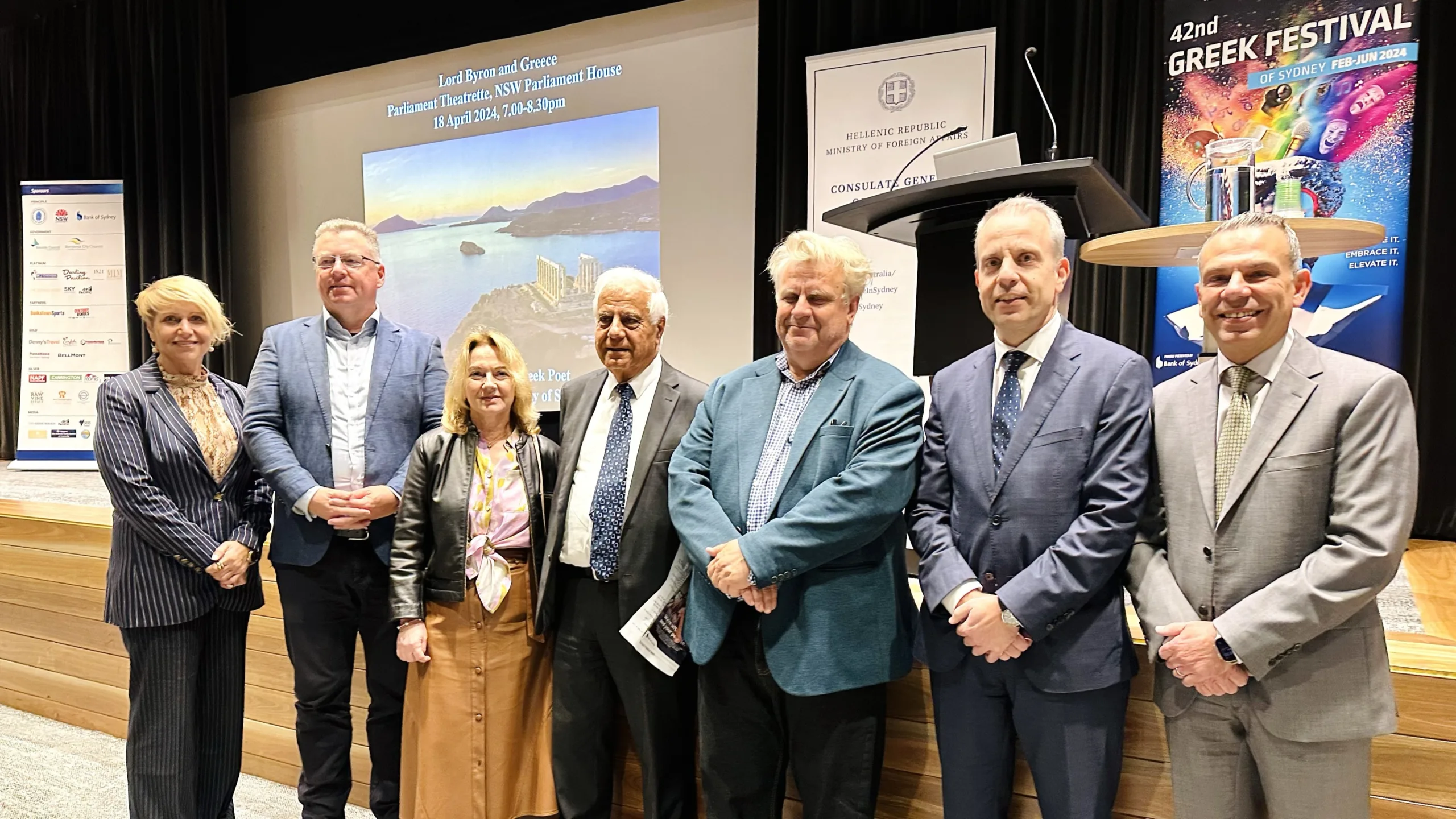A talk was held at NSW Parliament theatrette on Thursday, April 18 as part of the Greek Festival of Sydney honouring the remarkable contributions of Lord Byron to poetry, philanthropy, and politics.
The event was held to honour the 200th anniversary of Lord Byron’s death (19 April 1824).
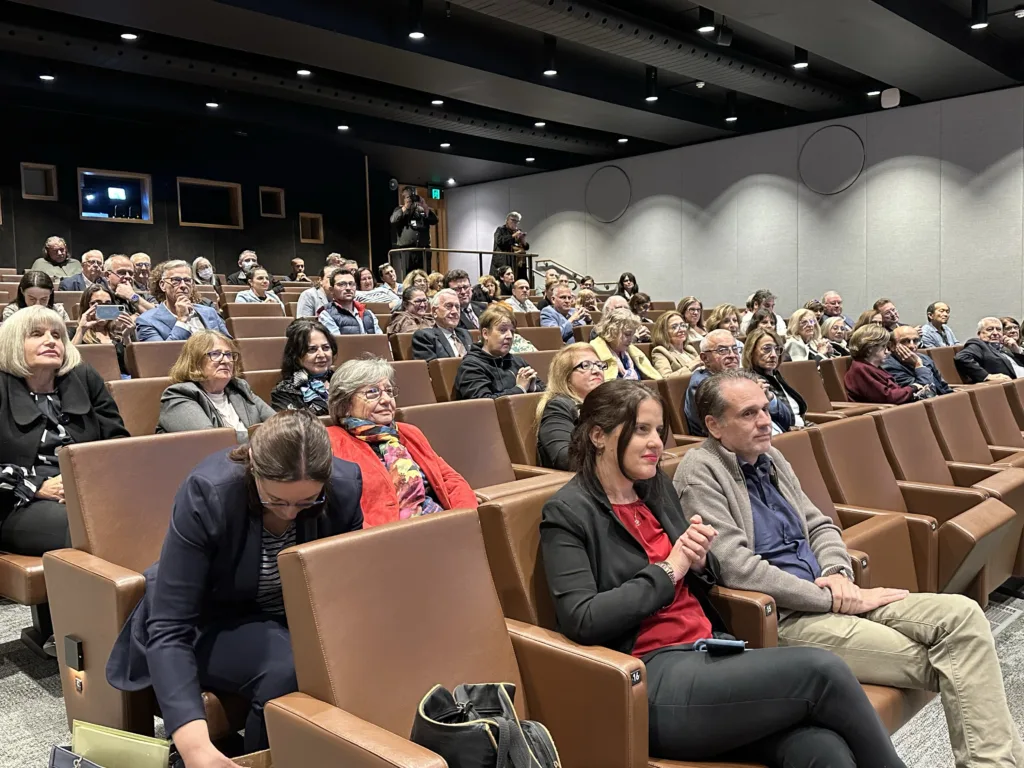
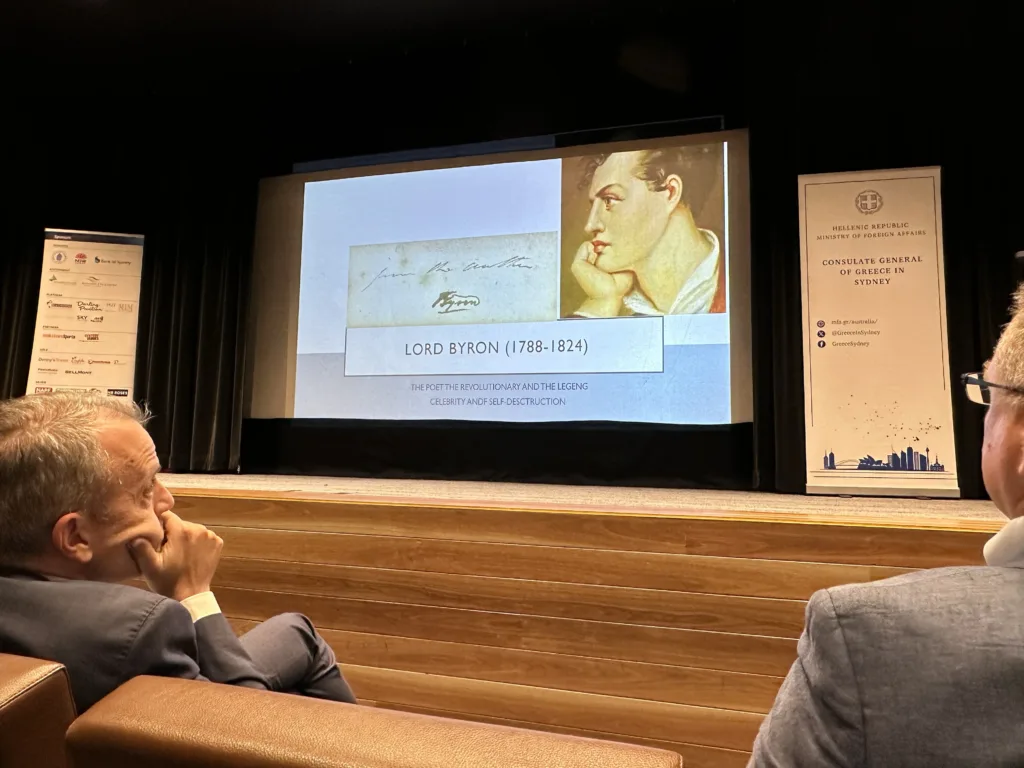
Renowned scholars Professor Mark Byron and Professor Vrasidas Karalis took the stage to shed light on Lord Byron’s profound love for Greece and his enduring impact on shaping modern Greece and Europe.
The event commenced with emcee Sophia Komarkowski guiding the proceedings, followed by a series of distinguished speakers including the Consul General of Greece in Sydney, Yannis Mallikourtis; Mark Buttigieg MLC, representing the NSW Minister for Multiculturalism, Steve Kamper MP; and Harry Danalis, President of the Greek Orthodox Community of NSW (GOCNSW).
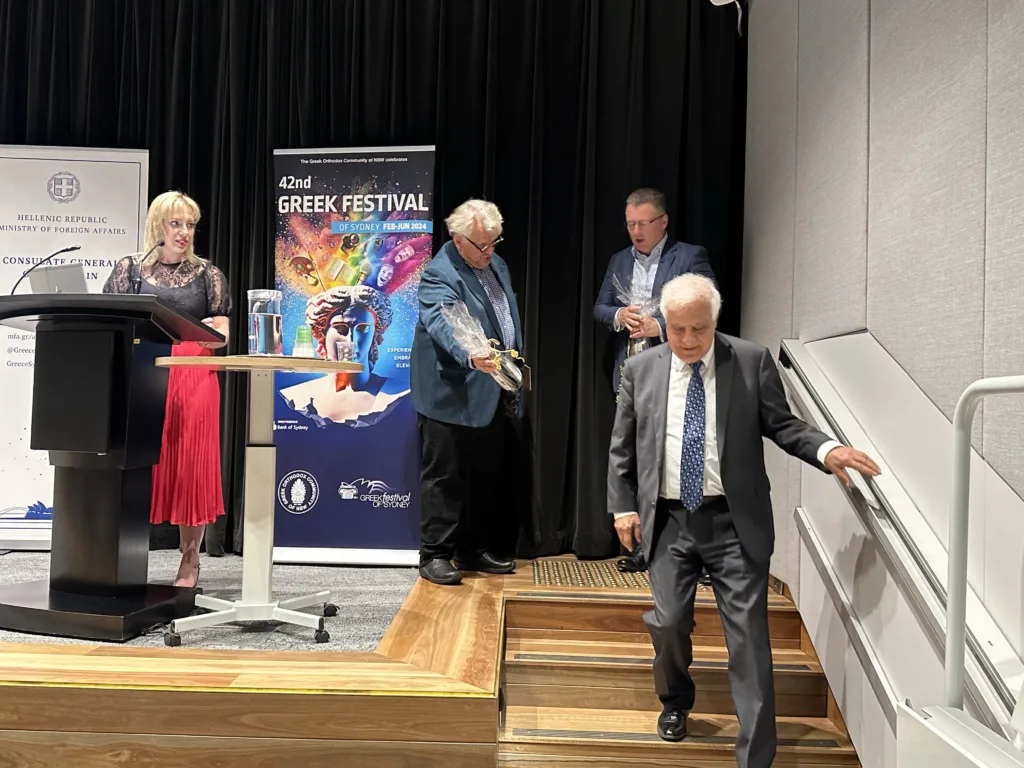
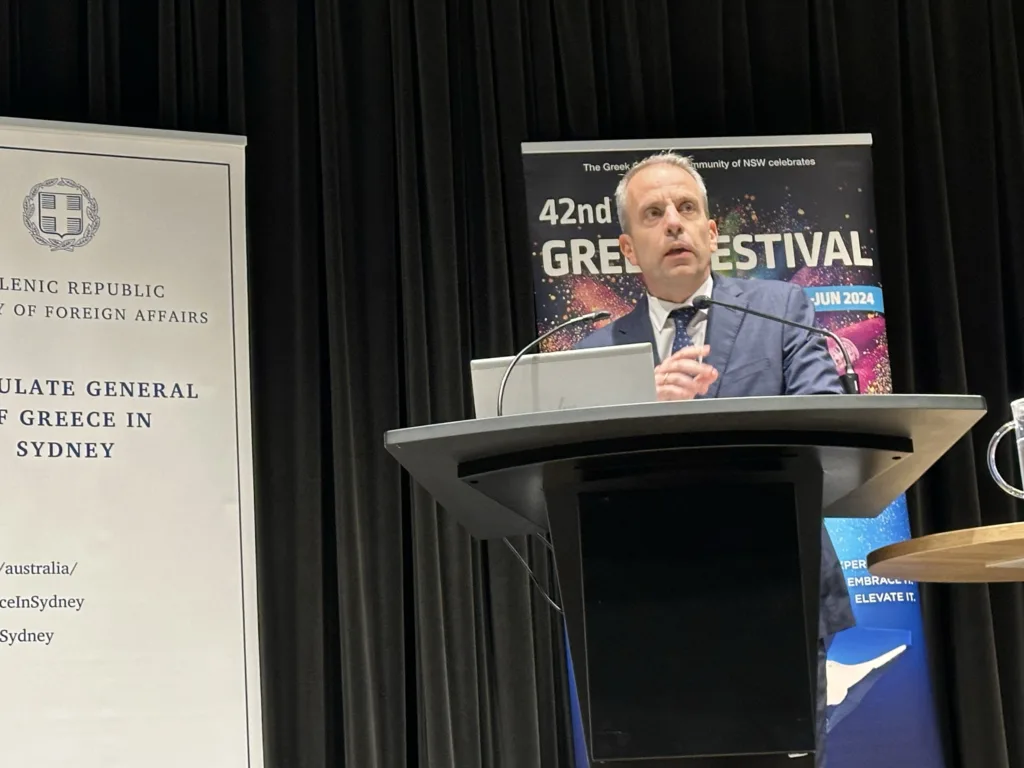
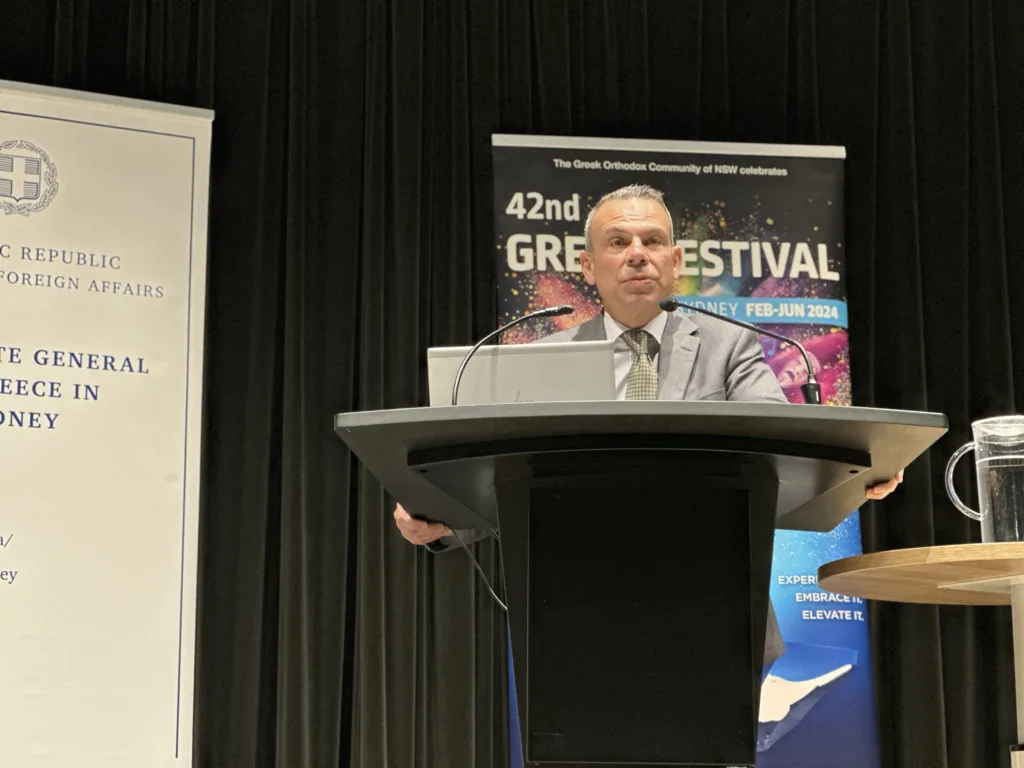
In attendance was also Kevin Hennessy, Deputy Consul General of Ireland in Sydney; Chryssa Prokopaki, Trade Commissioner of Greece in Australia; Anastasia Christofilopoulou, First Secretary for Public Diplomacy at the Consulate of Greece in Sydney; and Nia Karteris, Chair of the Greek Festival of Sydney.
Mr Mallikourtis’ address delved into Lord Byron’s pivotal role in the Greek cause for independence in 1821, highlighting his visionary stance and relentless pursuit of Greece’s emergence as a sovereign nation. He underscored the geopolitical complexities preceding the Greek Revolution and Lord Byron’s strategic efforts to garner international support, despite opposition from both external powers and internal factions.
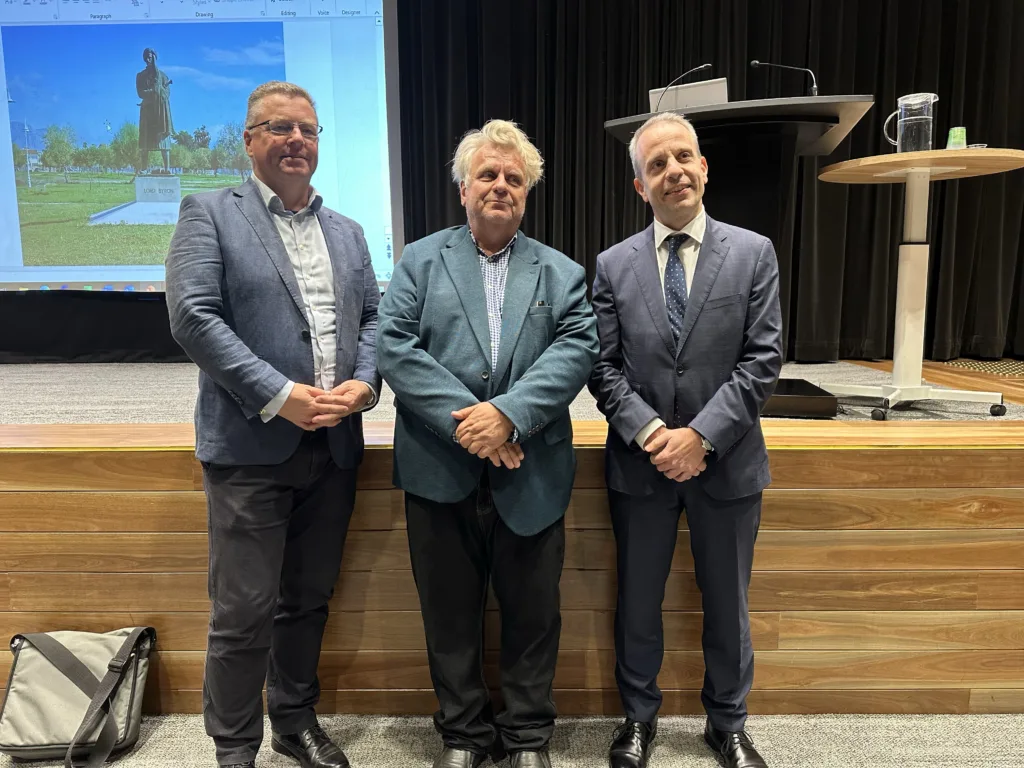
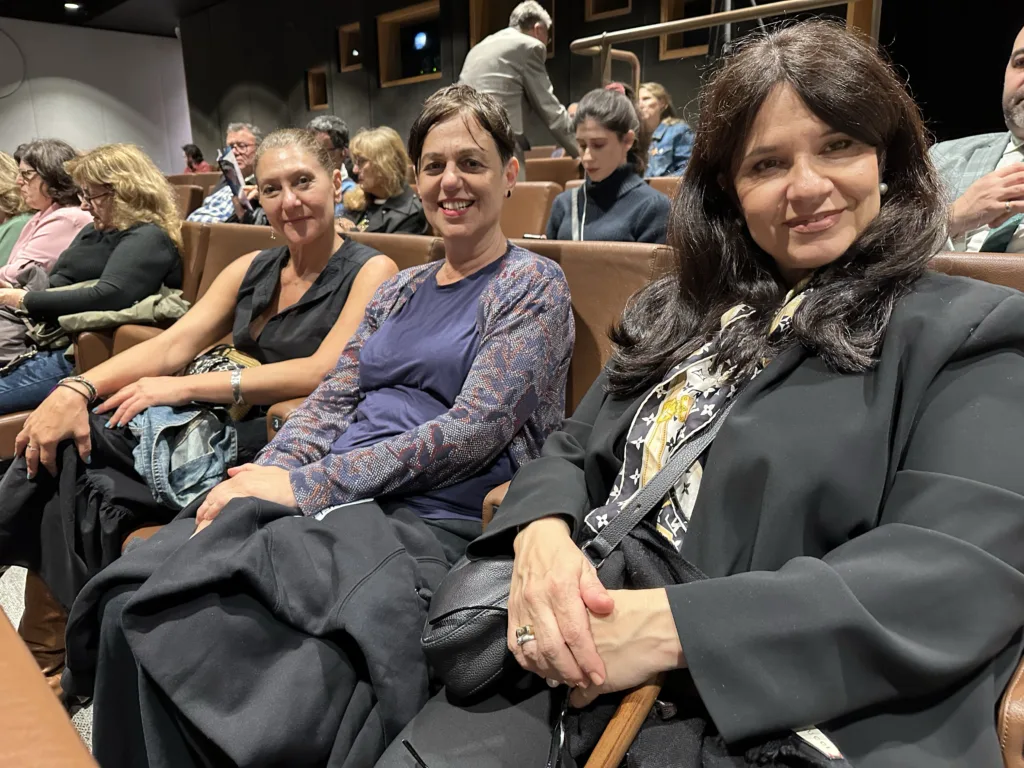
Mr Buttigieg eloquently articulated Lord Byron’s revered status among Greeks for his unwavering commitment to their liberation struggle. He recounted Lord Byron’s courageous exploits in Kefalonia, where he ardently championed the resistance movement, ultimately sacrificing his life for the cause.
Professor Mark Byron’s speech explored the thematic richness and symbolic depth of Lord Byron’s poetry, particularly focusing on his poignant engagement with Greece. He illuminated how Lord Byron’s poetry transcended mere literary expression, serving as a powerful conduit for exploring universal human experiences and societal themes.
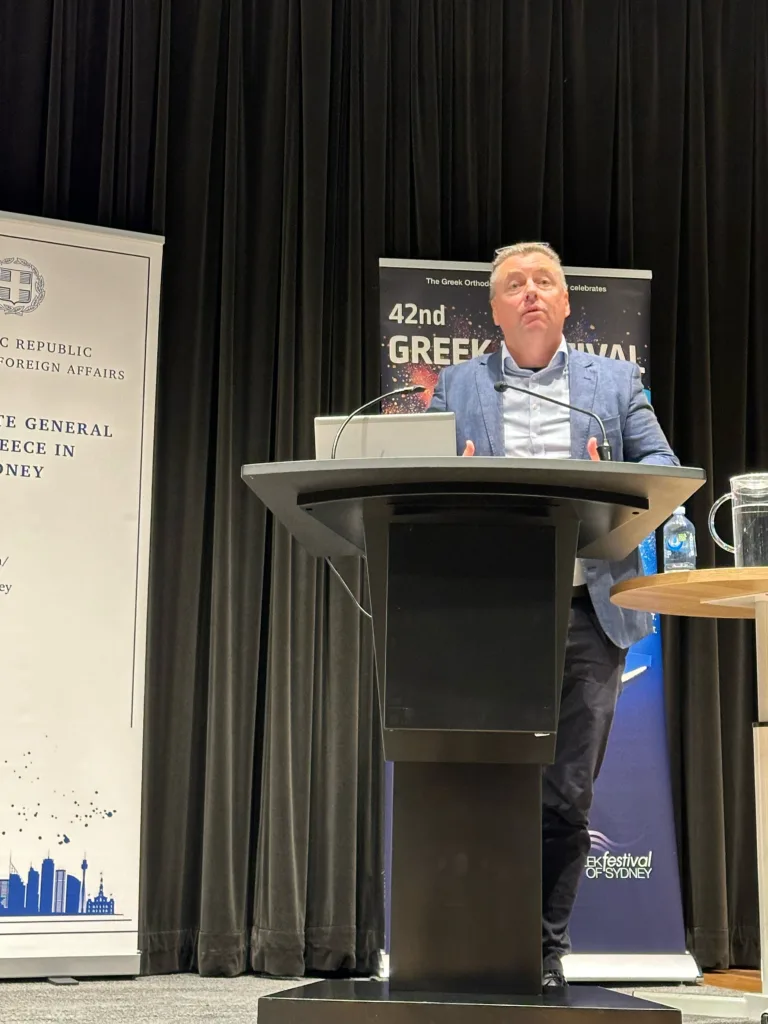
Professor Byron unveiled the layers of symbolism embedded in Byron’s verses, particularly his portrayal of Greece’s beauty juxtaposed with its struggle for liberty under Ottoman rule. The poet’s lamentations over Greece’s ruins and fervent desire for its revival resonated as powerful motifs throughout his works.
Through Lord Byron’s poetry, Greece emerged not merely as a geographical entity, but as a potent symbol of human aspiration and the enduring struggle for freedom.
Professor Vrasidas Karalis delivered a comprehensive lecture, highlighting the profound impact Lord Byron made on Greek culture. He emphasised Lord Byron’s pivotal role in constructing Greek identity and bolstering the economy through his presence in Greece.
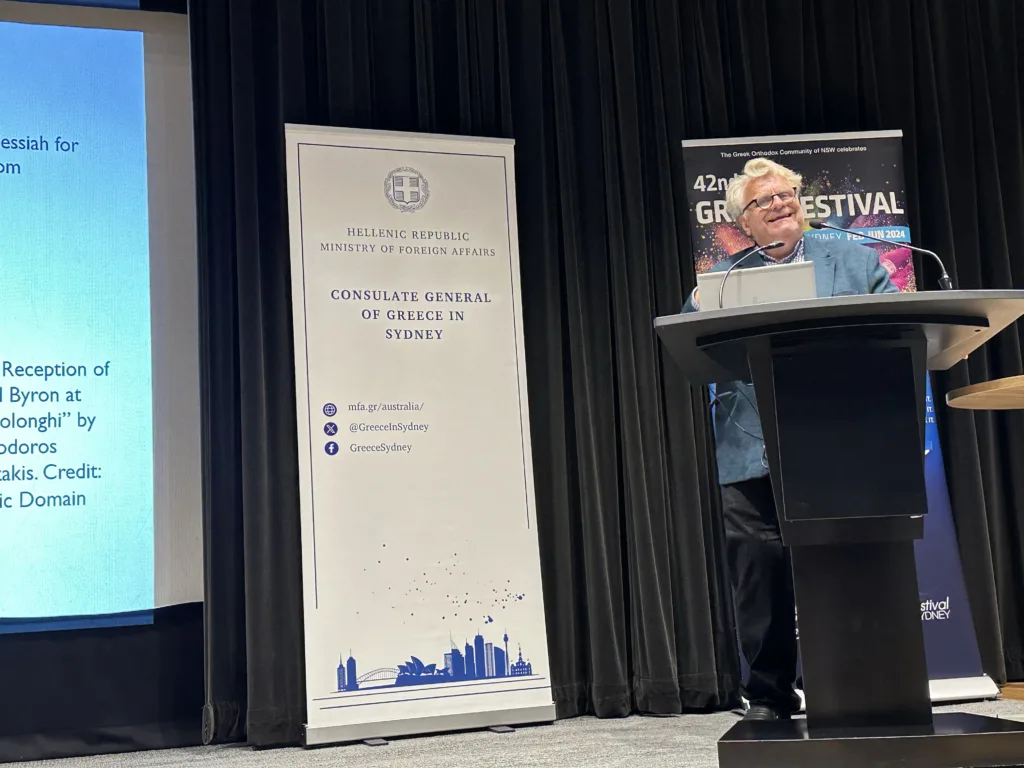
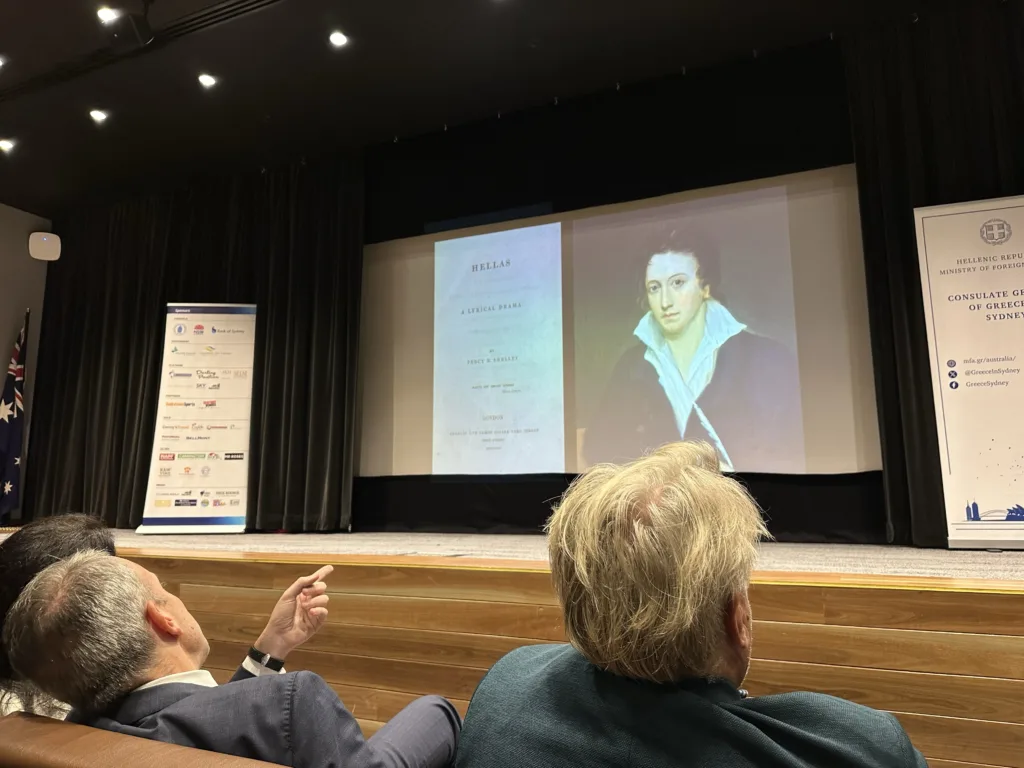
Professor Karalis portrayed Lord Byron as both a revolutionary and a legend, highlighting parallels between him and contemporary star Lady Gaga. He also discussed Lord Byron’s idealisation as a cultural and national icon in Greece, despite his foreign background, showcasing various paintings and images depicting the poet as a Greek figure associated with the Greek Revolution.
His talk explored Lord Byron’s eccentricities, relationships, and widespread admiration during his lifetime, underscoring his profound impact on literature and poetry.
The Professor concluded by dissecting Greece’s significance in Lord Byron’s works, emphasising his authentic portrayal of the Greek people and his contribution to reshaping the perception of 19th-century Greece.
At the conclusion of the talks, both guest speakers were presented with gifts from Mr Danalis.
